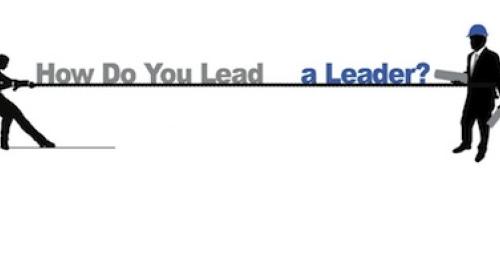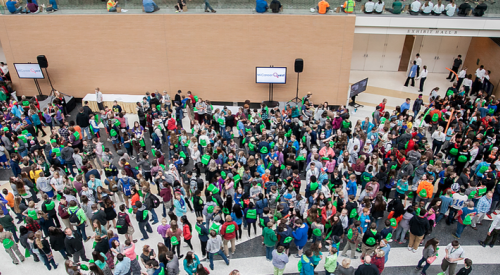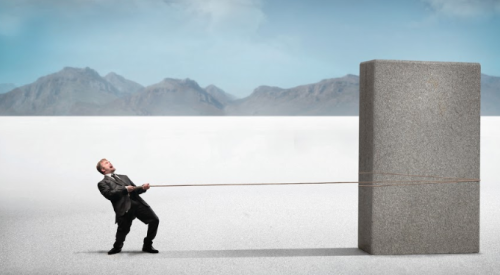Michael J. Fox and I have something in common (besides the obvious – talent, good looks, irreverence, witty repartee, etc.) We both have an incurable “condition.” Fox has Parkinson’s disease, a well-known affliction that continues to ravage his body despite an astounding amount of medical research dedicated to discovering a cure. My condition is a rare one called Alport’s Syndrome, a genetic fluke that resulted in total kidney failure nearly 12 years ago. The bonus round included hearing loss and a series of 15 eye surgeries, the recovery from several of which were more painful and difficult than the kidney transplant. As an “orphan disease” Alport’s garners virtually no research dollars which only makes sense, I guess. I am a very fortunate one though – with a slightly used kidney donated by my dear Canadian friend Brenda I have been pretty much as good as new almost 10 years now. The kidney still works great, my hearing stabilized and my vision is strong enough to pass my annual FAA flight physical. I am probably the only guy you will ever meet who is (proudly) part Canadian girl. Ponder that!
It may surprise you to hear that Michael Fox feels likewise lucky, even though his prognosis is anything but good. In fact, he wrote a wonderful book about it called Lucky Man, which I heartily recommend to anyone, especially teenagers and young adults feeling sorry for themselves. The extreme Cliff’s Notes version is this. As horrible as Parkinson’s Disease was and still is for Michal J. Fox and as much as he would never wish it on even his worst enemy – if he were given a chance to turn back the clock, be cured and totally skip the fearful battle that comes with Parkinson’s – he defiantly says that he would not! Why? In a nutshell, because of the incredible learning he has experienced during his battle against Parkinson’s and the better person it has made him.
Hard to believe? My experience was similar to Michael’s. The two years leading up to dialysis were very difficult with insane diet restrictions and the ingestion of a veritable cornucopia of drugs, some of which were downright nasty in regard to their effect on the body. During this time I did a half-day pre-conference workshop at PCBC totally pumped up on morphine after a night in the nearby San Francisco emergency room with unbearable and undiagnosed pain in my gut. I convinced the emergency room doc to let me go and they sent me over in a cab to Moscone Center and my workshop. I don’t remember much of it, but the reviews were great and everyone said they learned a lot and that I was “lots of fun!”Several have suggested since that I should do allmy presentations on morphine but that is, regrettably, impractical. The next 18 months on dialysis were decidedly horrific. Always hungry, but you can’t eat anythingyou want or like. Ravenously thirsty, but all you can have (if you’re smart) is some ice chips. Always itching horribly – taking Averno baths at 3:00 AM. Hardly sleeping, yet dead tired. Watching (and trusting) strangers hook you up to a machine 3 times a week and pump your blood through it – about 7 round trips a sitting – to clear out the toxins and get excess the fluid off. Imagine the impact of losing 10-15 pounds in just over 3 hours. Not a fun time, although I saw others not so disciplined with their fluid intake that had to lose 20-25 pounds in one sitting. I always got up from the chair on my own; many of them could not.
Yet, like Michael, I learned more during that period than during any other time of my life. I had an incredible clarity of purpose – to survive. But with a wife, a big mortgage, two kids in college, two in high school and self-employed, I had to do more than that. I had to thrive. I almost never slept during dialysis and I never watched the personal TV that everyone had at their station. Instead, I read voraciously on a wide variety of subjects. And during that time, I redefined what success meant to me. Not long after my transplant, I sat at a table at an industry conference in Chicago with a group of consultant-types and listened to their big plans about making money, selling their companies and “exit strategies.” I just watched and listened until one of them finally demanded a response from me. All I wanted, I told them, was to wake up every morning feeling well, do good work to make the industry better, and take care of my family – three things that none of the others mentioned. I developed a vision, in many ways different than any I had in the past, but eminently more compelling. It forced me to slow down, think, become aware of my body, my thoughts and the entire world around me. And it made me immune to so many of the things people worry about. Without that experience, I do not believe TrueNorth Development could have survived the past 5 years of the housing recession. Today, almost all of the others who sat at that table that day are now gone from the industry.
So Michael J. Fox and I have a message for you. Yes, this is the worst housing recession since the post-WWII housing boom – way worse than ’80 – ’81, for those of you old enough to remember. Yes, a lot of bad things have happened, a lot of people and companies are gone and yes, it’s not over. There are a ton of good things going on, however. There is incredible introspection and even open discussion about what went wrong – what wedid wrong. Even the greediest in the industry (well, a few,) are looking back and thinking perhaps they should have spent more money getting the house in order and less on themselves. For the first time in years, we are seeing Builders, Suppliers & Trades paying genuine attention to howthey build – looking to efficiencies and the elimination of the rampant waste in product and process that so characterizes our industry. They are finding money that they previously walked right by or sent to the landfill and thus keeping their companies alive and keeping thousands working. “Was blind, but now they see.”
Growth and volume hid a multitude of sins in the glory years from ’91 to ’06 when the industry could do no wrong. Now our weaknesses are exposed to the entire world. It is change or die and you have a choice. You can mire yourself in the muck of the housing recession, but if you are still here and reading blogs on homebuilding, my guess is you have made your own personal commitment to thrive. Good for you and good for our industry. Everyone has had – or will have – their personal “Lucky Man” experience. I would not wish Alport’s Syndrome on anyone and I was thrilled to find out that my four children cannot inherit the affliction from me. Yet I know that in some other way, each of us will face our own test and that is how it must be. As long you adopt an attitude of continual learning, you’ll get through it no matter the outcome and if you are lucky, you’ll grow from it like never before. Trust me – been there, done that.
Happy New Year to you and to everyone in the building industry. I hope this message finds you feeling lucky.











